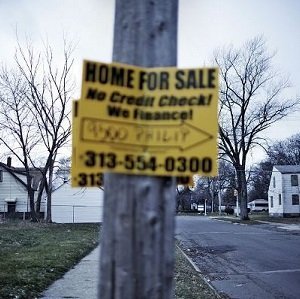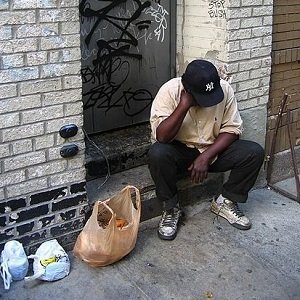Detroit residents facing housing instability and poor living conditions are at higher risk of adverse health effects, according to research by University of Michigan experts. The study highlights how the city’s legacy of discriminatory housing practices continues to impact residents’ well-being today.
Researchers found that 60% of Detroit renters are cost-burdened, spending over 30% of their income on housing. This financial strain, coupled with substandard living conditions, increases the risk of eviction, homelessness, and both mental and physical health problems.
The roots of these issues trace back to redlining, a practice that denied loans and services to predominantly Black neighborhoods. Even in 2019, formerly redlined areas had 30% lower homeownership rates and $60,000 less in median household income compared to mostly white areas.
Recent years have seen high rates of tax foreclosures and evictions in Detroit. In 2023, over 20,000 Detroiters faced eviction filings. Research shows evictions are linked to poor physical and mental health outcomes.
While some programs aim to alleviate these issues, such as tax relief initiatives and the right to counsel for low-income residents facing eviction, researchers argue more targeted efforts are needed to invest in Black homeownership and ensure housing stability.
The study’s authors stress the need for policies addressing racial disparities in housing, suggesting eviction diversion models and increased investment in Black homeownership as potential solutions to improve long-term health outcomes for Detroit residents.
See “Detroit’s Legacy of Housing Inequity Has Caused Long-Term Health Impacts” (July 8, 2024)



